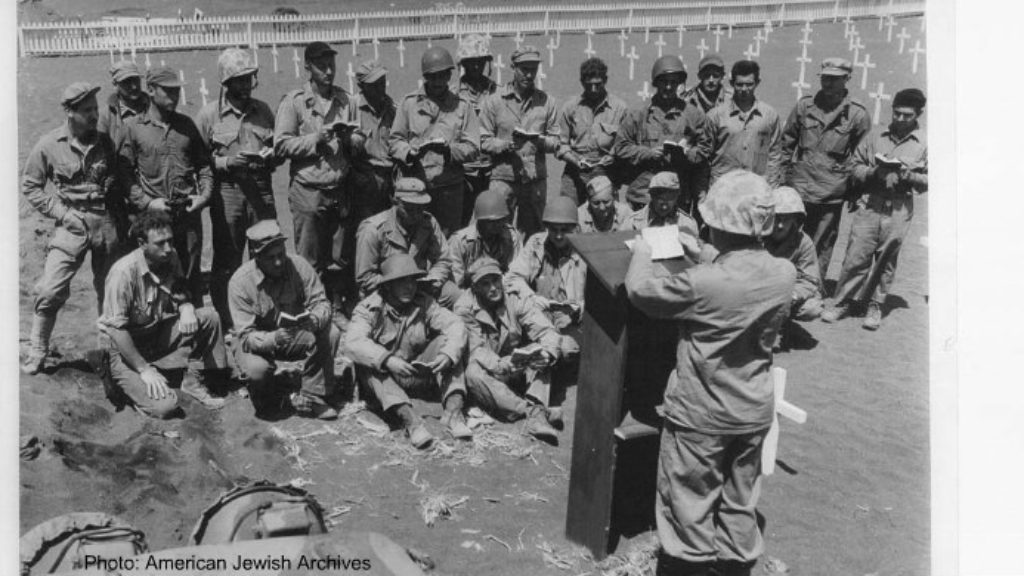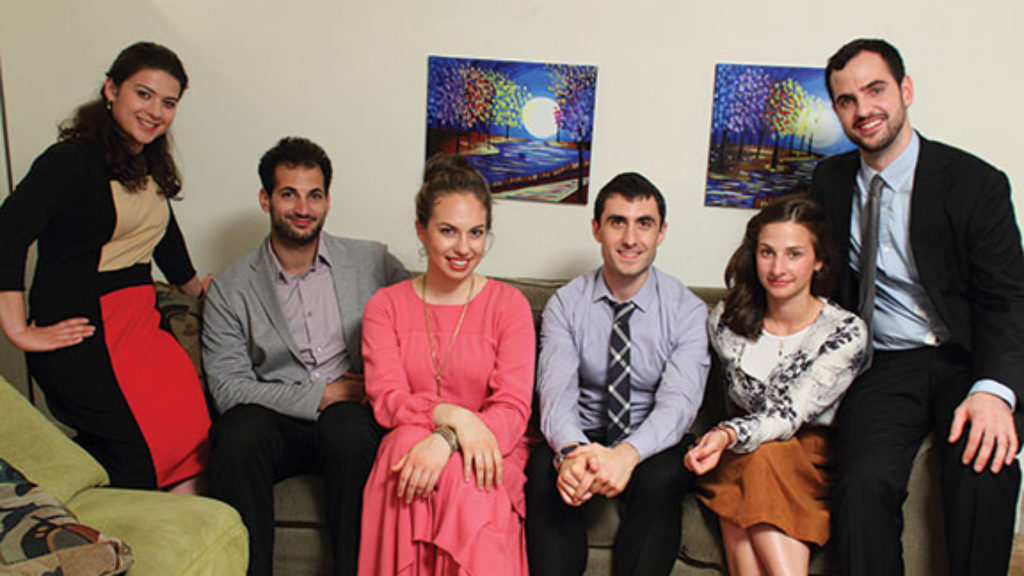A Neoplatonic Affair
“A seventy-something debutant” is how the back cover of this first novel describes its author, the translator, biographer, and essayist Hillel Halkin. Perhaps befittingly, then, Melisande! What Are Dreams? reinvents the classic story of boy (or classicist) meets girl.
The title comes from a line in a Heinrich Heine poem, “Geoffroy Rudèl und Melisande von Tripoli.” The titular lovers, who only met for a few moments while they were alive, meet again within one of Melisande’s tapestries, and take a ghostly moonlit stroll. Melisande speaks with gratitude of the loving God who has worked this wonder. Geoffroy replies:
Melisande! What are dreams?
What is death? A vain to-do.
The truth belongs to love alone
And, always fair one, I love you.
Mellie, the wife of this novel’s narrator, was named after the poem’s Countess Melisande. She meets and nicknames the narrator, “Hoo,” while editing a high-school literary magazine with a third friend, Ricky. Ricky is adventurous, Hoo is studious, and, at different times, Mellie is drawn to each of them, first dating Hoo, and then sleeping with Ricky the summer after graduation.
While Hoo and Mellie attend college, Ricky takes a different path, traveling east and studying Buddhism. The three reunite in New York City, but Ricky’s boldness is slipping into madness—he hears voices and seems to be suffering from schizophrenia. Eventually, Mellie chooses Hoo.
Hoo becomes a classics professor; Mellie becomes a weaver; Ricky eventually commits suicide. Hoo and Mellie are happy for a time, and then unhappy for a time. After a betrayal, she leaves him. The novel is his attempt to understand what went wrong and to win her back. It is, in fact, a love letter.
Yet, to summarize Melisande! What Are Dreams? as the story of a love triangle fails to do justice to its intricate and satisfying design, its careful arrangement of “signs and wonders,” as the narrator calls them, echoing the biblical phrase. Although their placement may seem casual at first glance, as the tapestry unfurls, we see how perfectly each part fits into the larger pattern. Names_of the literary magazine, of a restaurant, of a dog—carry meaning without bending under the strain. The novel alludes not only to Heine’s poem but also to Maurice Maeterlinck’s Pelléas and Mélisande, Neoplatonic philosophy, Buddhism, Catullus, and Christian scriptures—and each allusion enriches and elucidates the story.
The book moves forward and backward in time, interweaving politics and history with the characters’ lives. Ricky and Hoo meet while arguing over the Korean War in the high school cafeteria. At a party in the 1960s, a man bursts in, wired and proud—he’s just thrown a bomb through the window of a police station. After leaving the party, Hoo and Mellie realize who the man was: “My friend Peter Spatz, who passed me clever notes in Caroline Ames’ writing class.” In the 1970s, during a time of decline (the couple’s “Cimmerian years,”) Hoo dreams about telling Nixon something that will help him avoid impeachment: of finding the words to stave off the inevitable.
If this novel is like a tapestry, then, thus far, we have examined its design from several feet away. But when one steps closer, some of stitching is uneven. The description of Ricky’s nose after an operation—”It looked as if the surgeon had forgotten to sand it when he was done”—is accurate and concise. So is the passage about Hoo’s failure to greet Ricky’s father on the street:
There are big things one regrets and there are little things. The little things can seem less forgivable, because it would have been easier to do them differently. I don’t know whether it would have given Ralph pleasure had I gone over and said something about Ricky or whether it would have caused him pain by reminding him of what—perhaps only for a minute, perhaps an hour or a day—he had managed to forget. I only know I should have done it.
The writing here is wise, honest, spare, and true, as it is in many other places in the book. However, there are also sections that lack these qualities.
Hoo writes about love in the grand style. He goes swimming with Mellie: “I saw the pond tremble at your splendor.” He watches her sleep, and notices, “your bare shoulder, from which the blanket had slipped as if the dawn had begun to undress you and stopped to stare in enchantment.” Later in life, and less than gallantly, he speculates about her future appearance—”I can’t bear to think I might look at you one day and not find you beautiful,”—and exclaims: “O my love! When did our love become a cage in which we tear and tear at each other?” Mellie seems to enjoy such outpourings, even the last two, which she finds in a letter in his study. However, to a reader who is not also the narrator’s wife, they might seem a little theatrical.
Some of the sex scenes also have a conventional romanticism to them: “Wondrous, we lay thrown together on the shore,” is a typical post-coital observation. Other passages are less conventional:
The thrusts of his loins were fierce, famished. She met each with one of her own. He, she, he, she: they were wielding a two-handled saw. It took the tree a long time to topple. Who would believe how long it held out, even as it groaned for deliverance?
This sex-as-forestry analogy, though novel, is somewhat alarming and less than evocative. One can imagine Hoo writing these lines, but why are we reading them?
It is often said that every professor has a novel lying in his desk drawer. Halkin is a disintinguished man of letters, not a professor, but there are times in Melisande! What Are Dreams? when he seems to have opened that drawer. Just as, in Netherland, Joseph O’Neill wrote the novel a brilliant banker might produce; so, here, Halkin writes with the erudition, care, and, at times, with the stilted sentimentality of his professor-narrator.
Who, then, is Hoo? He is the kind of man who skips a date to catch up on his reading, the kind of man who, contemplating an affair, wonders whether to flee to the library instead, the kind of man who observes a woman’s physique and cautiously hypothesizes, “She had what appeared to be nice breasts.” His approach to love and sex is scholarly, as well as deeply idealistic. (He has chosen the Neoplatonist philosophers as an area of academic focus, possibly to his personal detriment.)
Sex is holy, he believes. Thus, fantasies about Jane Russell are sins crying out for retribution:
Afterwards, I prayed you wouldn’t conceive. In the Middle Ages men believed in succubi, beautiful demons who came to them in their dreams and bore them children from their seed. I was afraid we might have a demon child.
When the couple does, indeed, have trouble conceiving, he puts forth similarly rigid (so to speak) ideas about artificial insemination: “I want to sow my seed in you.”
Mellie replies, “That’s very biblical. But you might not have enough seed or my mucus might not agree with it.”
“I’d have to think about it,” Hoo says. “No!” this reader wanted to tell him. “No more thinking for you!”—though this is likely an intended effect on Halkin’s part.
As in the novels of Saul Bellow, romantic intellectualism collides with earthy pragmatism. An interlude in which Hoo and Mellie make love like tigers, slugs, and a menagerie of other creatures ends in an argument about the sink. Some years later, when they are discussing the possibility of adopting a child, Hoo suggests, “Life could be telling us, ‘Here’s your chance,'” to be childless. Mellie says, “We could tell life, ‘Thanks for nothing.'” Still, in the end, she gives in to Hoo’s perspective and gives up on adopting a child. “I wanted a child to grow inside me . . . I’m like you. If we didn’t make it, I don’t want it.” Childless, they become isolated, dependent upon routines, buried in work. Eventually, Hoo has an affair. (He does not flee to the library, after all.) Mellie finds out and leaves him. Hoo retires from the academy and moves to a Greek island, as the two of them had talked about doing together someday.
On the last pages of the book, he renounces his Neoplatonists and the central conceit of Heine’s poem:
What good would it do us to be ghosts? What good would it do to be Geoffroy and Melisande, holding hands that never touch, kissing with lips that never meet? . . . They were wrong, Mellie . . . Ammonius, Plotinus, Porphyry . . . They thought the soul, the wise soul, would be glad to lay down its burden. They didn’t know it would be inconsolable, that it would always grieve for the legs that had carried it, the arms that did its work, the mouth that fed it, the cheeks that felt the wind.
This passage ends in an imagined shower of sperm, which restores the lovers to their childhood selves. (Al-Ghazali wrote of such things, Hoo notes—you can take the classics professor out of the university library, but you can’t. . .) The image is both ridiculous—and not. He imagines a return to Martha’s Vineyard, where they both vacationed as children, without ever meeting. Now, he finds a bicycle and rides off to her.
Perhaps there’s hope for Hoo yet.
Suggested Reading

Context and Content
How can Zionism’s biggest critics know so little about its history?

Getting Along with the Gentiles
From the Brandeis Book Stall to the sands of Iwo Jima (and halakhic flexibility).

Before & After October 7: A Symposium
We asked distinguished friends and contributors a simple question: what did you believe before October 7 that you no longer believe?

Waiting for Moshe Right
The web series Soon by You is part Seinfeld, part Srugim.
Comments
You must log in to comment Log In